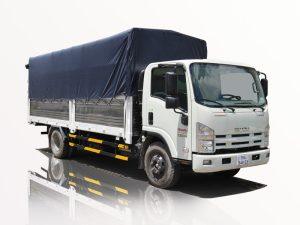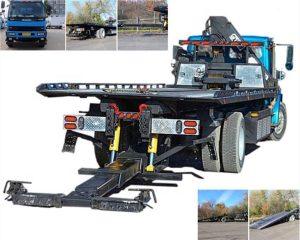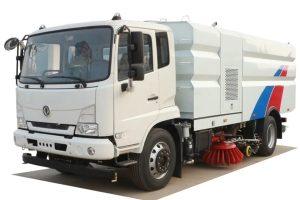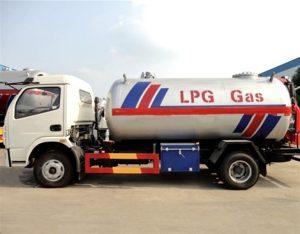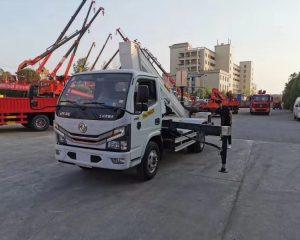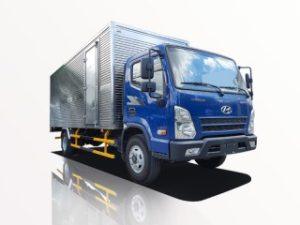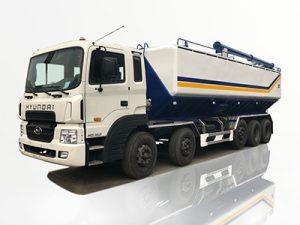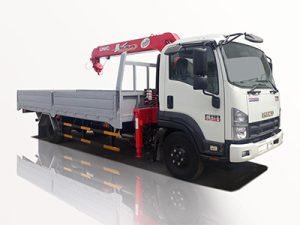Monday to Saturday - 8:00 -17:30
Everything You Need to Know About 1 Ton Lorries
When it comes to transportation and logistics, the term “1 ton lorry” frequently surfaces. This type of vehicle plays a crucial role in various industries, from construction to delivery services. Understanding its features, advantages, applications, and how to choose the right one can significantly impact your business operations. In this article, we will explore everything you need to know about 1 ton lorries.
What is a 1 Ton Lorry?
A 1 ton lorry is a lightweight commercial vehicle designed to carry loads weighing up to one ton, or approximately 2,204 pounds. These vehicles are equipped with a cargo bed at the back, which can be covered or uncovered, depending on the model. The lorry’s compact size makes it suitable for navigating crowded city streets and delivering goods to locations with limited access.
Key Features of 1 Ton Lorries
- Cargo Capacity: Able to carry loads of up to 1 ton.
- Size: Smaller than larger trucks, allowing for better maneuverability.
- Fuel Efficiency: Generally more fuel-efficient than larger vehicles.
- Versatility: Can be used for various purposes, including transportation of goods and as a utility vehicle.
Types of 1 Ton Lorries
1 ton lorries come in various forms, catering to different needs. Here are some common types:
- Flatbed Lorry: Ideal for carrying heavy and oversized loads with no sides or cover.
- Box Van Lorry: Enclosed cargo area, great for transporting sensitive or fragile items.
- Pickup Truck: A versatile option with a bed open to the air, suited for light handling.
Advantages of Using a 1 Ton Lorry
Choosing a 1 ton lorry provides numerous benefits that can enhance your business operations:
Cost-Effectiveness
1 ton lorries are generally more affordable to purchase and maintain compared to larger trucks. Their smaller size often translates to lower running costs, making them an economical choice for small businesses.
Improved Fuel Efficiency
With a lighter weight and smaller engine, these lorries typically offer better fuel economy, saving business owners on transportation expenses.
Flexibility and Accessibility
The compact design of 1 ton lorries allows drivers to access areas that larger vehicles cannot. This is particularly useful during urban deliveries or construction sites with restricted spaces.
Applications of 1 Ton Lorries
1 ton lorries are used in various sectors for a multitude of purposes:
Construction
In the construction industry, 1 ton lorries can transport materials such as gravel, sand, and tools, facilitating on-site deliveries.
Trade and Retail
Retailers can utilize these vehicles for transporting goods from warehouses to stores, ensuring timely restocking of products.
Event Management
For events, 1 ton lorries can help move staging equipment, furniture, and supplies, making logistics more manageable.
Home Deliveries
Many businesses involved in home deliveries, such as furniture stores, use 1 ton lorries to reach residential neighborhoods efficiently.
Choosing the Right 1 Ton Lorry
Selecting the ideal 1 ton lorry involves several considerations:
Assess Your Needs
Determine the primary purpose of the lorry and the type of cargo you will be transporting. This will guide your choice of model and features.
Payload Capacity
Ensure that the vehicle’s payload capacity meets your requirements. Overloading can lead to legal issues and damage to the vehicle.
Safety Features
Look for safety features such as anti-lock brakes, blind-spot monitoring, and rearview cameras to enhance driver and road safety.
Brand and Reliability
Choose reputable brands known for their quality and reliability in commercial vehicles to reduce the risk of breakdowns and maintenance issues.
Practical Tips for Operating a 1 Ton Lorry
Once you have a 1 ton lorry, consider these practical tips for optimal operation:
Regular Maintenance
Schedule regular inspections and maintenance to keep your lorry in good condition. This includes oil changes, brake checks, and tire rotations.
Load Distribution
Ensure that the load is evenly distributed to avoid imbalance and potential accidents. Use securing straps to hold the cargo in place.
Driver Training
Invest in training for drivers to follow safe driving practices and understand the vehicle’s handling characteristics.
Safety First
Always prioritize safety by wearing seat belts and adhering to road regulations. Avoid distractions while driving.
Cost of Owning a 1 Ton Lorry
The cost of ownership includes several factors:
Purchase Price
The initial purchase price will vary based on the model, brand, and features. It can range from $20,000 to $50,000 or more.
Insurance Costs
Insurance for commercial vehicles may be higher than personal vehicles. Get quotes from different providers to find the best deal.
Fuel and Maintenance Expenses
Regular fuel and maintenance expenses should be budgeted for to ensure the smooth operation of the vehicle.
Registration and Taxes
Be aware of registration and tax obligations, which can vary depending on your location.
Environmental Considerations
As environmental concerns grow, consider the following:
Fuel Efficiency
Choose lorries with better fuel efficiency to reduce your carbon footprint.
Alternative Fuel Options
Some manufacturers offer electric or hybrid options that can significantly diminish emissions.
Regular Maintenance for Emission Control
Keep your lorry well-maintained to ensure it runs efficiently and emits fewer pollutants.
Future Trends in the 1 Ton Lorry Market
The 1 ton lorry market is evolving with technological advancements and changing consumer needs:
Electric Lorries
The rise of electric lorries promises reduced operational costs and environmental benefits, making them an attractive option for future transport.
Smart Technology Integration
Increased use of smart technologies, such as GPS tracking and telematics, will revolutionize logistics and improve the efficiency of 1 ton lorries.
FAQs about 1 Ton Lorries
1. What is the maximum load a 1 ton lorry can carry?
A 1 ton lorry can typically carry up to 1 ton or approximately 2,204 pounds of cargo.
2. Can I use a 1 ton lorry for personal use?
Yes, 1 ton lorries can be used for personal purposes, such as moving furniture or transporting recreational vehicles.
3. What type of license is required to drive a 1 ton lorry?
In most regions, a standard driver’s license is sufficient; however, it’s essential to check local regulations.
4. How do I maintain a 1 ton lorry?
Regular oil changes, tire maintenance, brake checks, and overall inspections are necessary for proper maintenance.
5. Are 1 ton lorries fuel-efficient?
Compared to larger vehicles, 1 ton lorries generally offer better fuel efficiency due to their lighter weight.
6. What are the best brands for 1 ton lorries?
Some of the best brands for 1 ton lorries include Ford, Chevrolet, Isuzu, and Mitsubishi, known for their reliability and performance.


